
Enforcement
Voluntary Bailiffs support Operation Clampdown as coarse fishing close season for rivers begins
The annual coarse fishing close season for rivers and streams is now in operation and runs until 15th June inclusive.
The close season prohibits fishing for coarse fish in rivers and streams across England to help protect fish during spawning. However, there are still plenty of opportunities for coarse fishing with most still waters and canals open to anglers and fly-fishing for trout on rivers and streams still an option.
You can find more information and byelaws for your local area here.
Environment Agency officers will be conducting patrols throughout the close season to ensure anglers respect the no-fishing period as part of Operation Clampdown 12 (OCD12) – the crackdown on illegal fishing and poaching. The Angling Trust’s Fisheries Enforcement Support Service and their voluntary bailiffs will be supporting the Environment Agency with OCD12 throughout the close season.
This year, Operation Clampdown was launched in Tonbridge on the river Medway, with teams across the country conducting patrols on the day and throughout the close season.
Nino Brancato, Angling Trust National Enforcement Support Manager said:
“The Angling Trust’s Voluntary Bailiff Service will once again be working closely with the Environment Agency and police during the close season and our dedicated volunteers will be out on patrol and taking part in coordinated joint activity around the nation’s waterways in an eyes and ears capacity.
“Their intelligence gathering and reporting of incidents supports the work of our enforcement partners and is part of our multi-agency approach to protecting fish and fisheries.”
Graeme Storey, Environment Agency Fisheries Manager said:
“We know that fish populations face a number of challenges which is why it is important that we take the necessary steps to limit any impacts caused.
“The close season is in place to reduce disturbances to riverine coarse fish and protect vulnerable stocks during their peak spawning period. I urge anglers to respect the close season to help reduce pressures on our fisheries, benefiting fish and the wider environment.”
Police Sergeant Darren Walshaw, of Kent Police’s Rural Task Force said:
“When it comes to wildlife crime, poaching is a national priority. We will be working closely with partner agencies, primarily the Environment Agency and the Angling Trust, over the next three months to support efforts to clamp down on fish theft offences and other associated criminal activity.
“Officers from the Rural Task Force will support our partners with proactive patrols at freshwater sites in Kent. We will also share intelligence to detect and deter offenders committing fish theft offences or failing to comply with rod licence requirements.
“We hope our continued presence at Kent waterways provides reassurance to the fishing community that we take fish poaching offences and fish thefts seriously.”
Last year, the VBS conducted 4,981 patrols, reported 368 incidents and spent 12,690 hours in voluntary support to the Environment Agency, from St Erth in Cornwall to Donaldson Lodge in Northumberland. The Voluntary Bailiff Service is managed by the Angling Trust’s Fisheries Enforcement Support Service and is fully funded by fishing licence income, delivered in partnership with the Environment Agency.
If you see any incidents of illegal fishing or suspicious activity, you can report it to the Environment Agency 24-hour incident number on 0800 80 70 60 or the Police on 101 for any crime that does not require an emergency response. For any crime in progress always call 999.
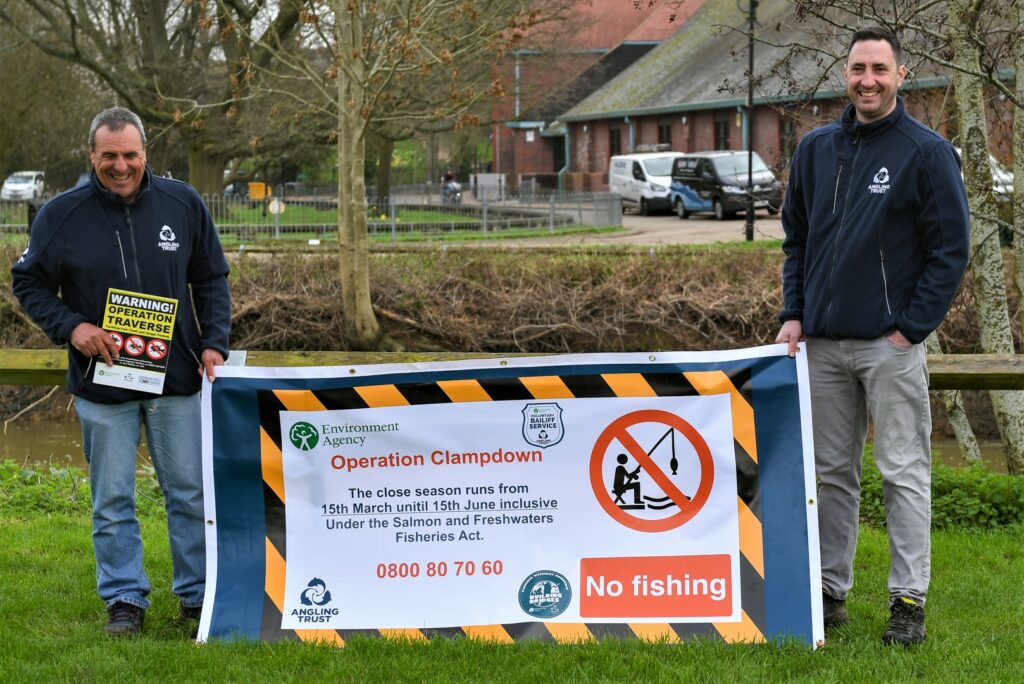
Launching Operation Clampdown at the River Medway in Tonbridge, Kent
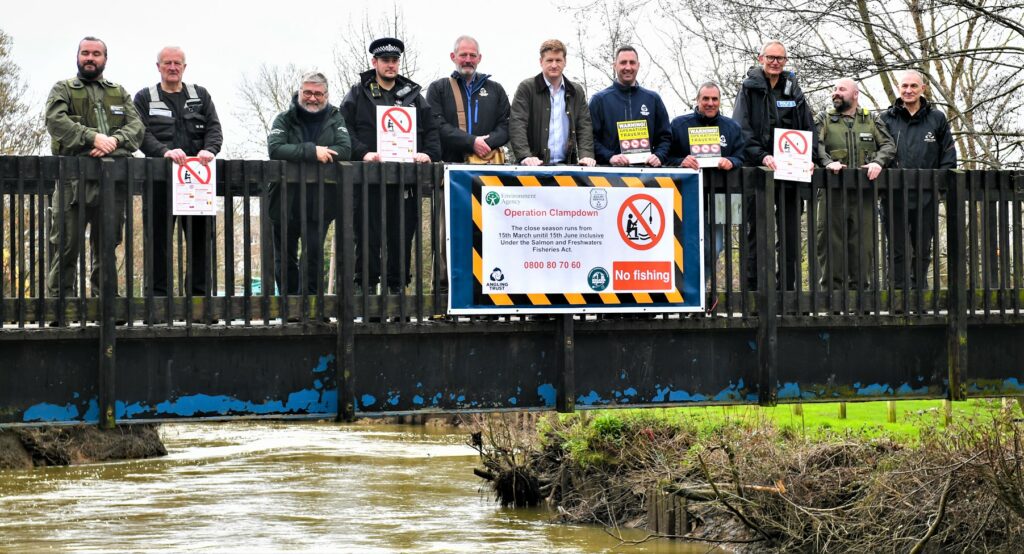
You might also like
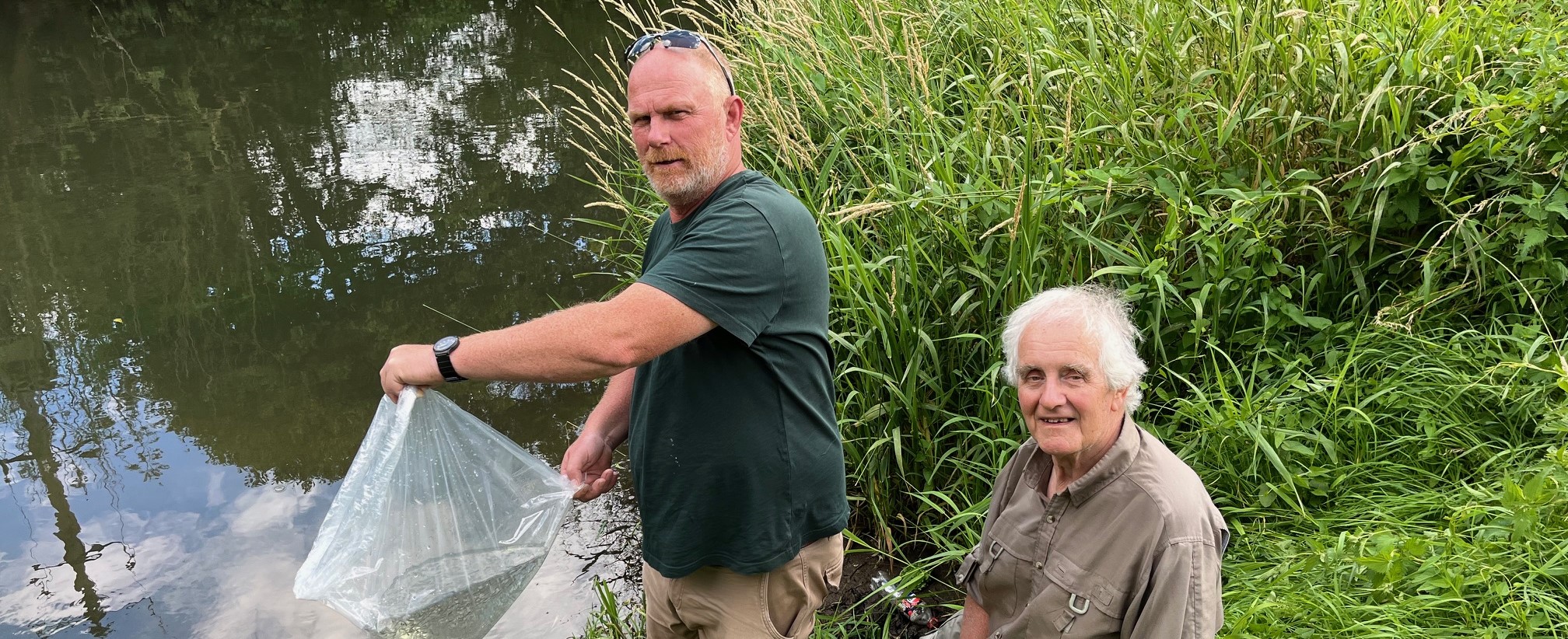
New Kennet Hatchery Releases First Reared Fish
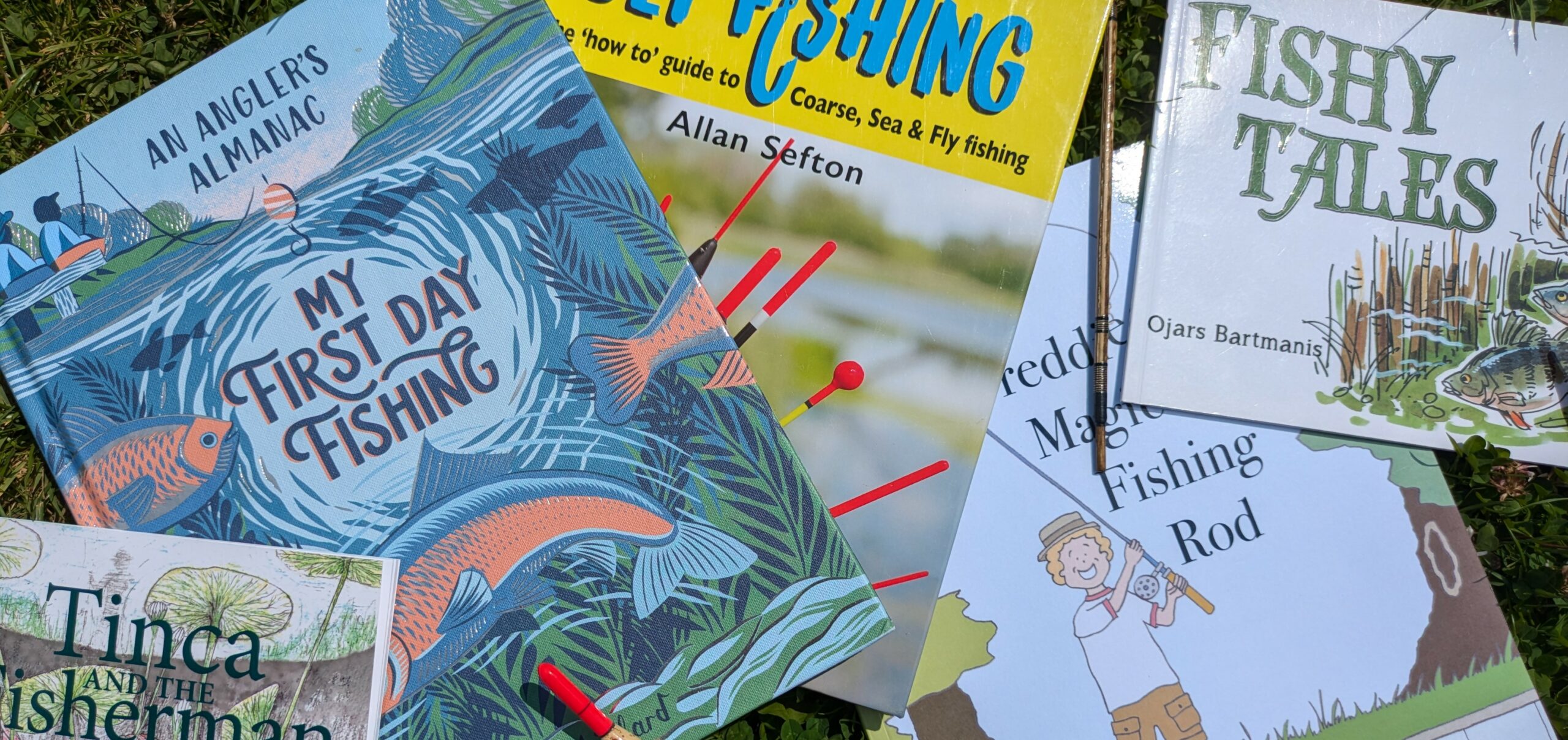
Fishing Books for Kids

UK Recreational Catch-and-Release Bluefin Tuna: A step closer to…
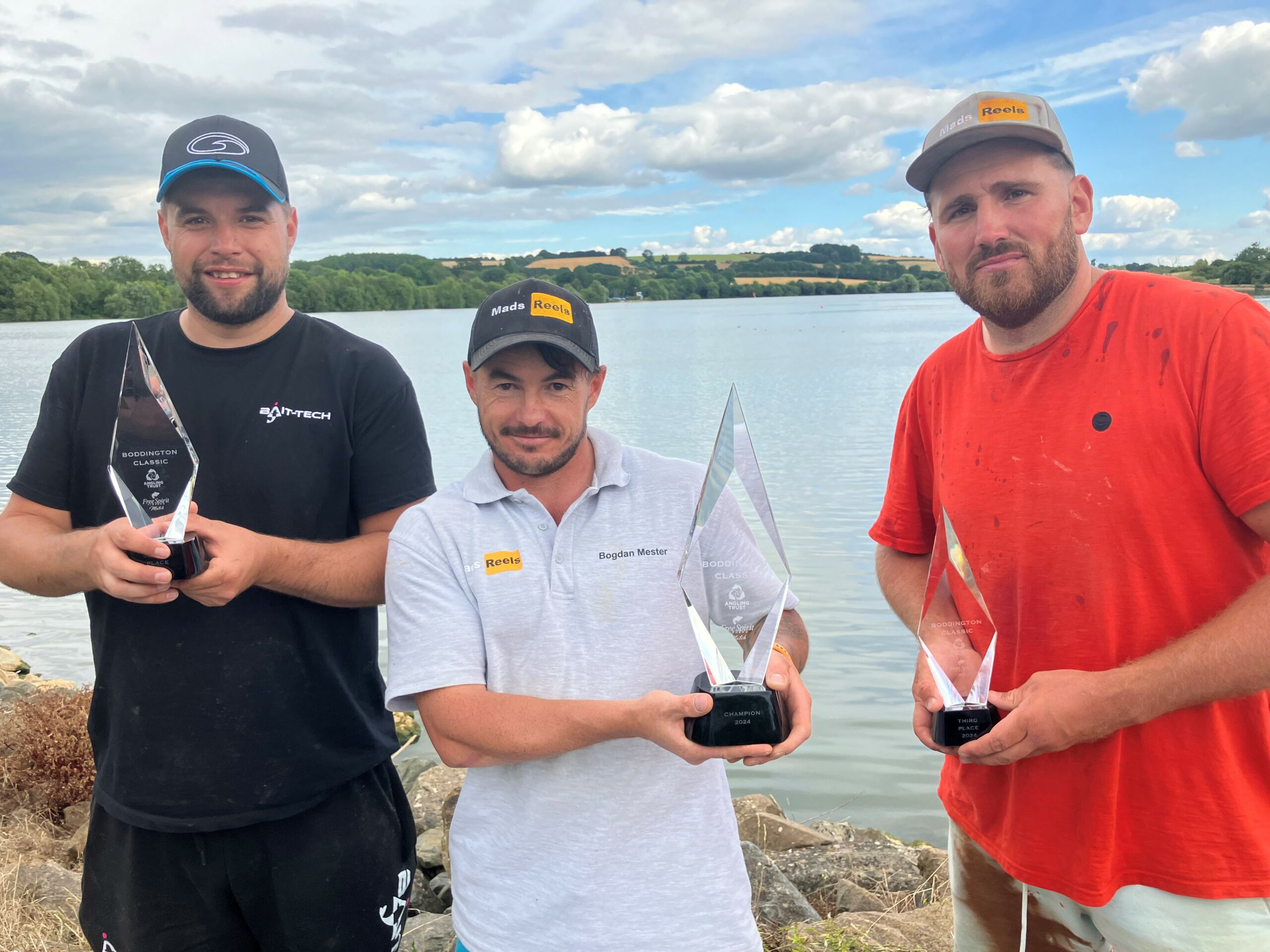
MESTER THE MASTER AT FREE SPIRIT MATCH BODDINGTON CLASSIC…
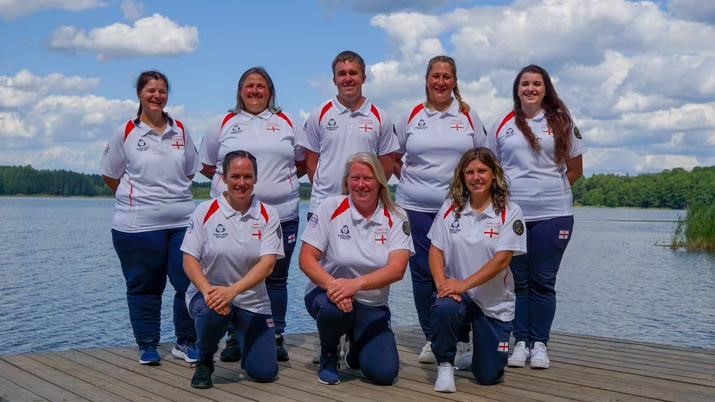
ENGLAND LADIES CARP TEAM MISS MEDAL ON TOUGH LATVIAN…

Angling Trust urges government to go further and faster…
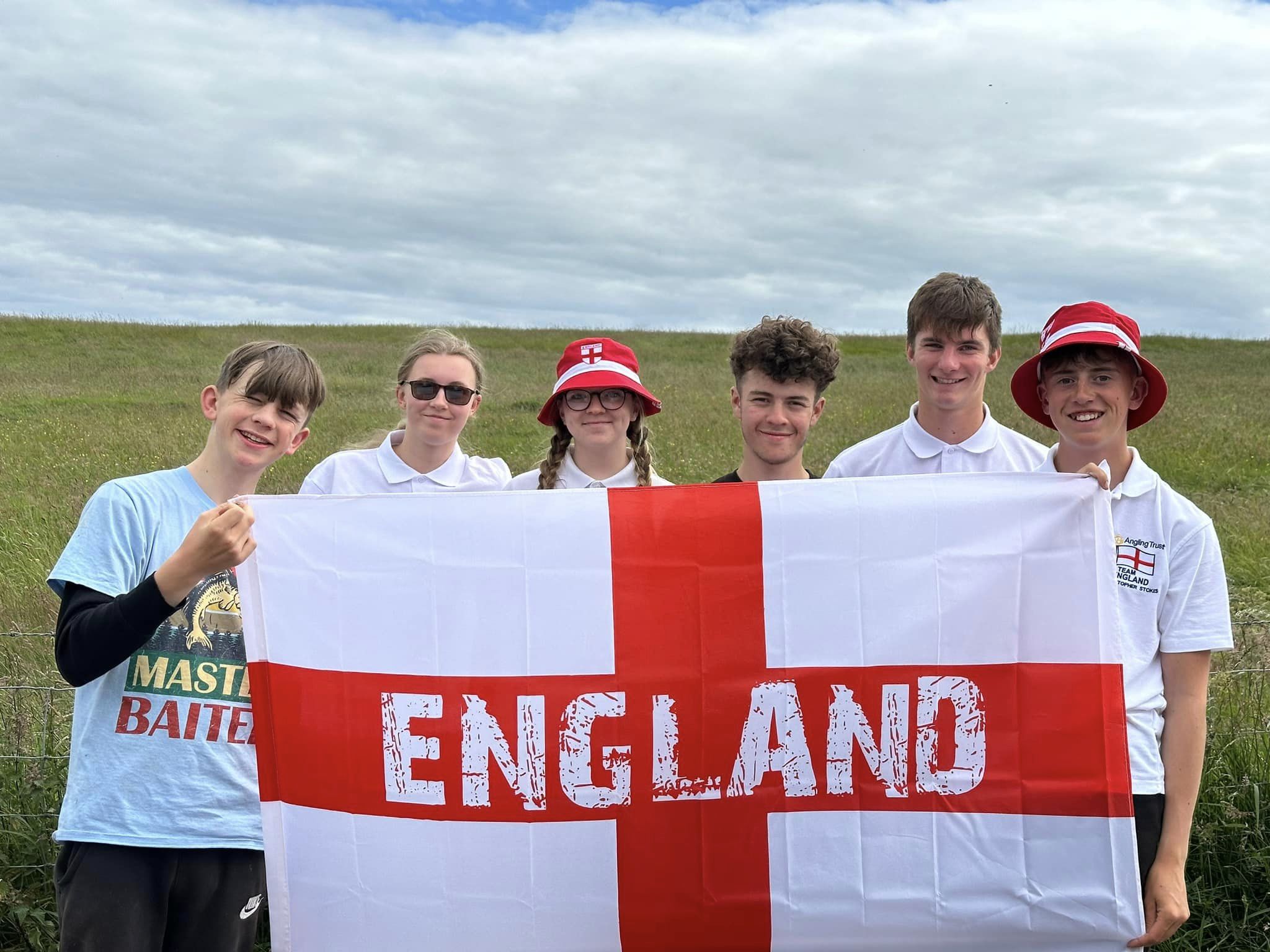
ENGLAND YOUNG GUNS LEAD THE WAY IN HOME NATIONS…
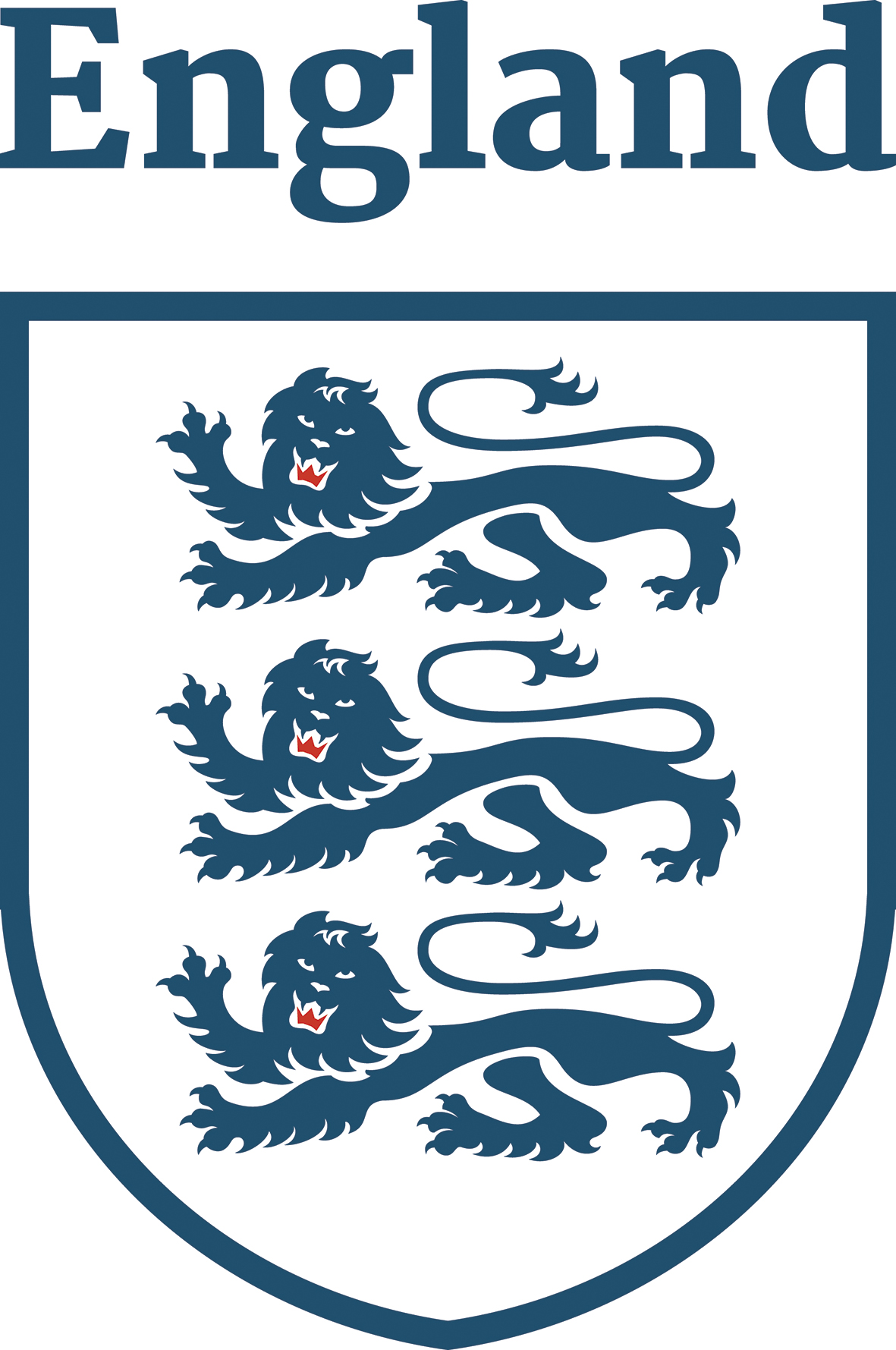
AMAZING ENGLAND COMEBACK SECURES EURO CHAMPS BRONZE
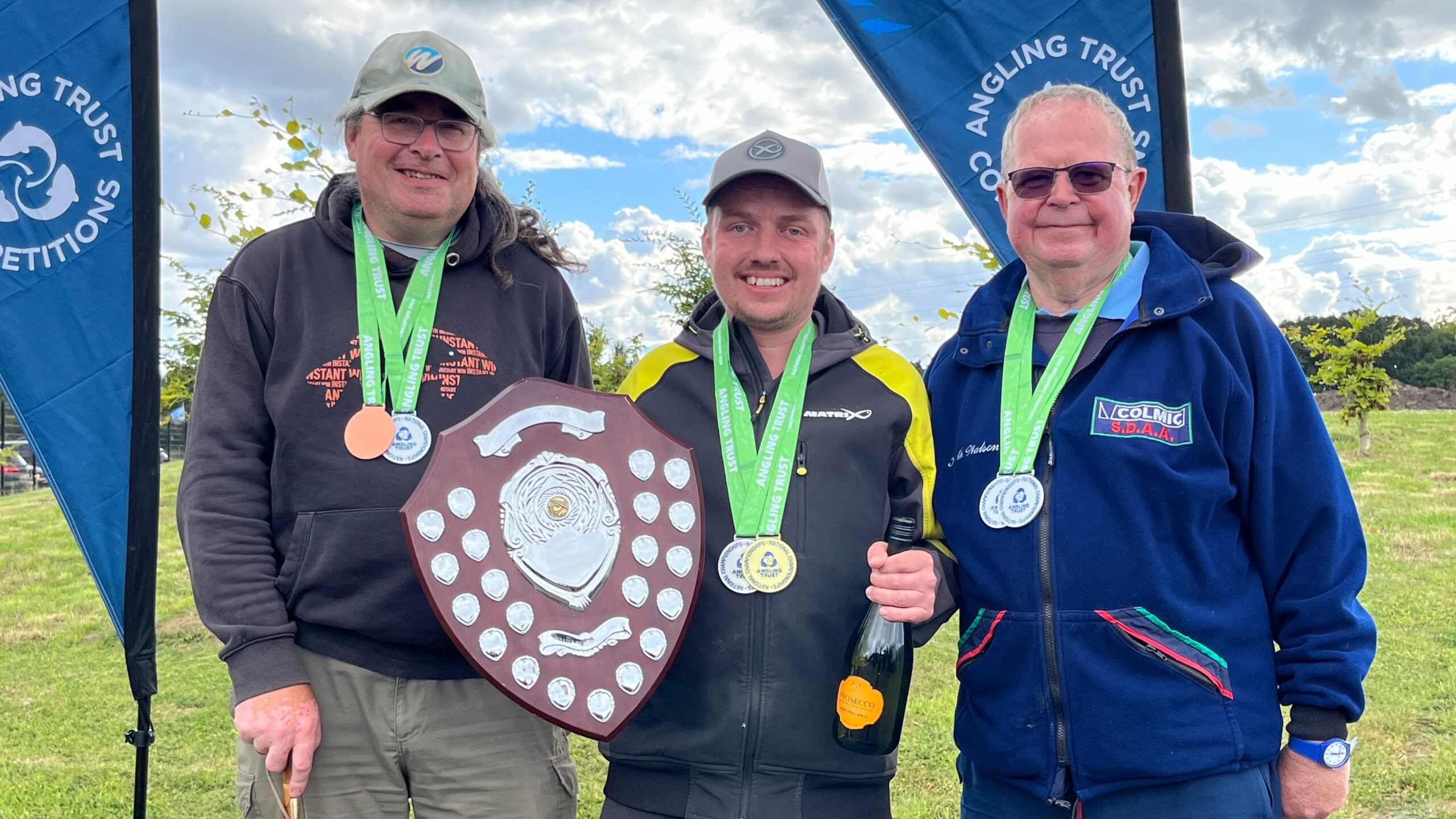
ELLIOT BAGS THIRD NATIONAL WIN AT MARSTON!
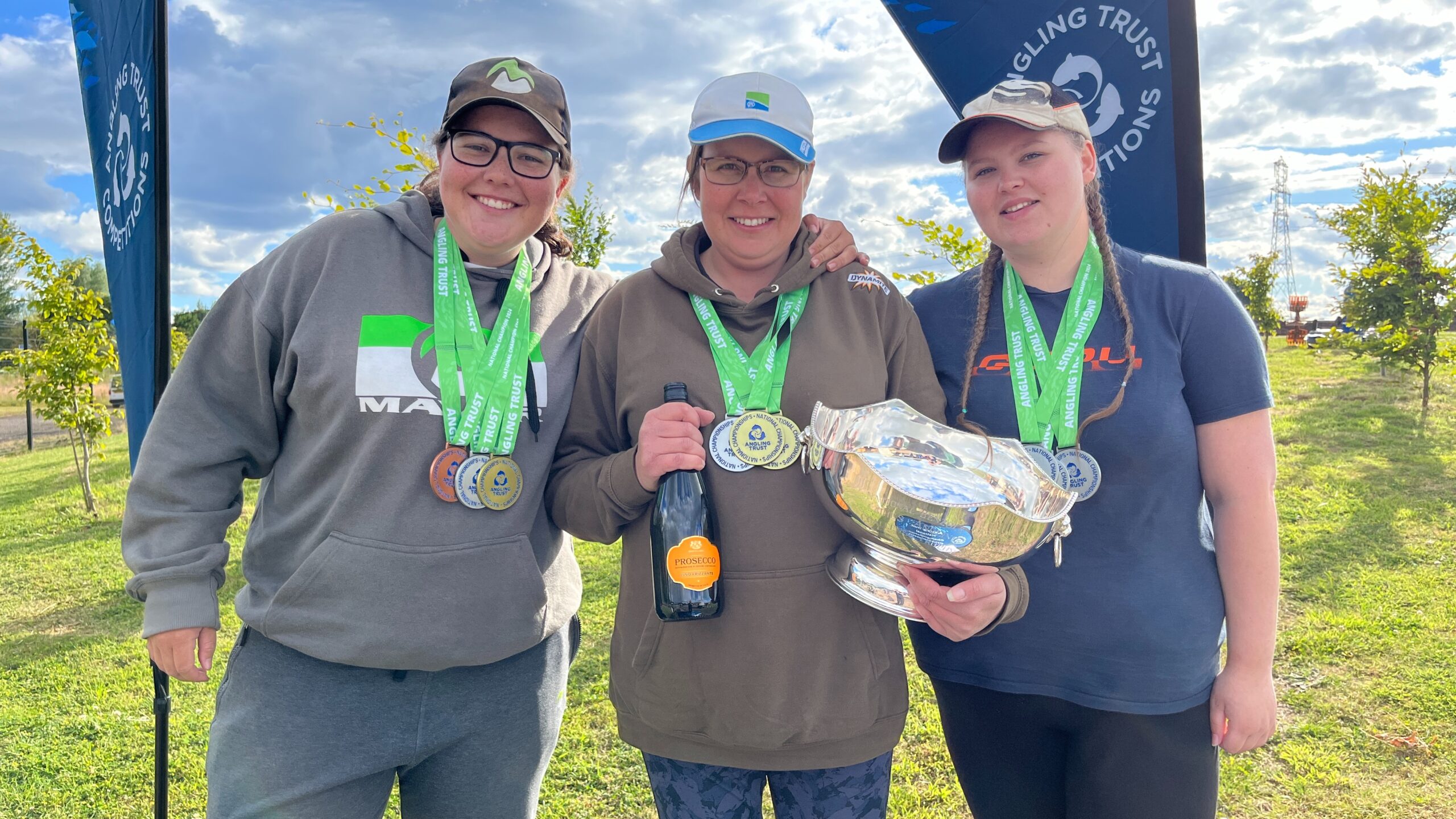
PATIENT APPROACH WIN WOMEN’S NATIONAL FOR LEANNE!
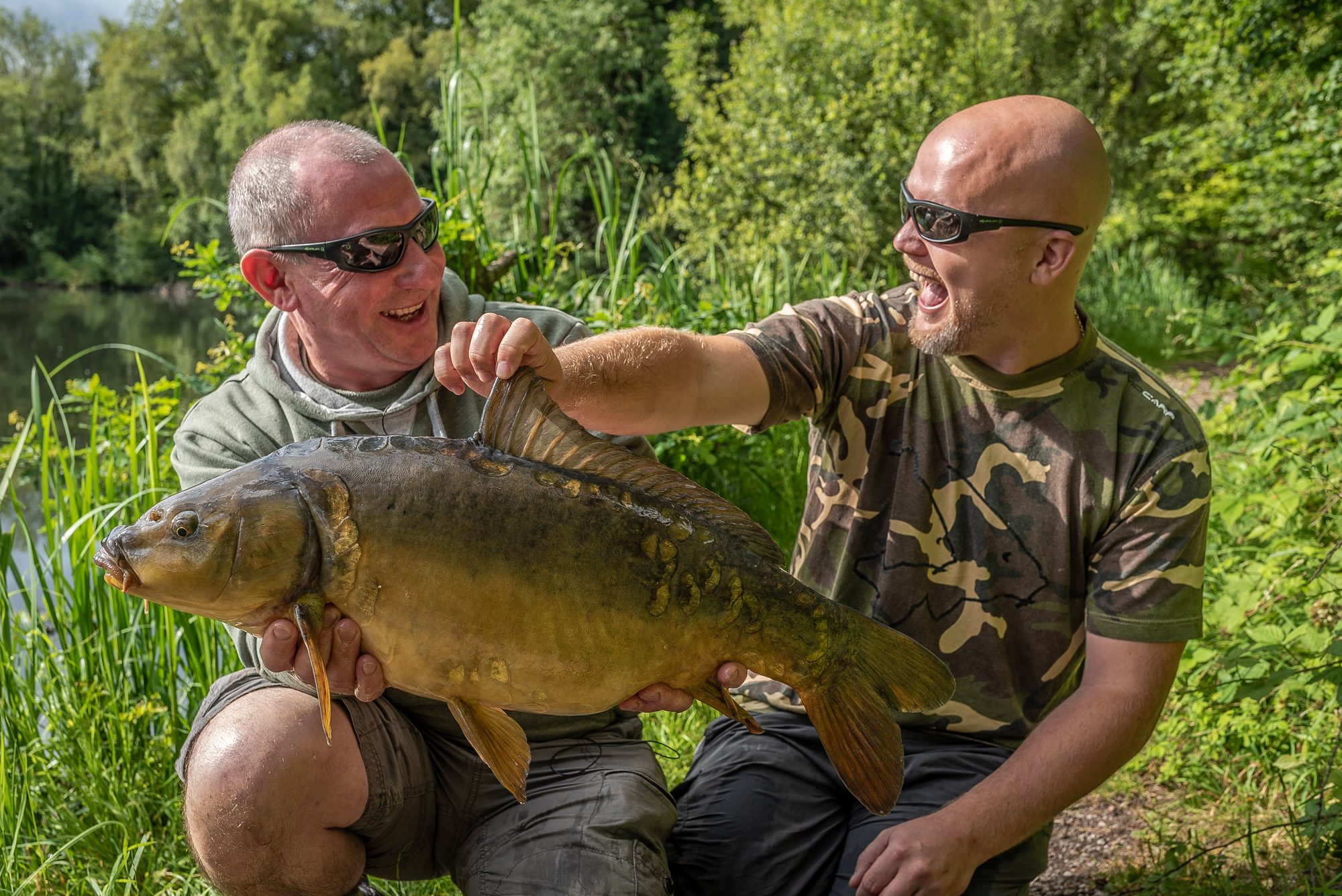
Take a Friend Fishing
27th July to 1st September…









